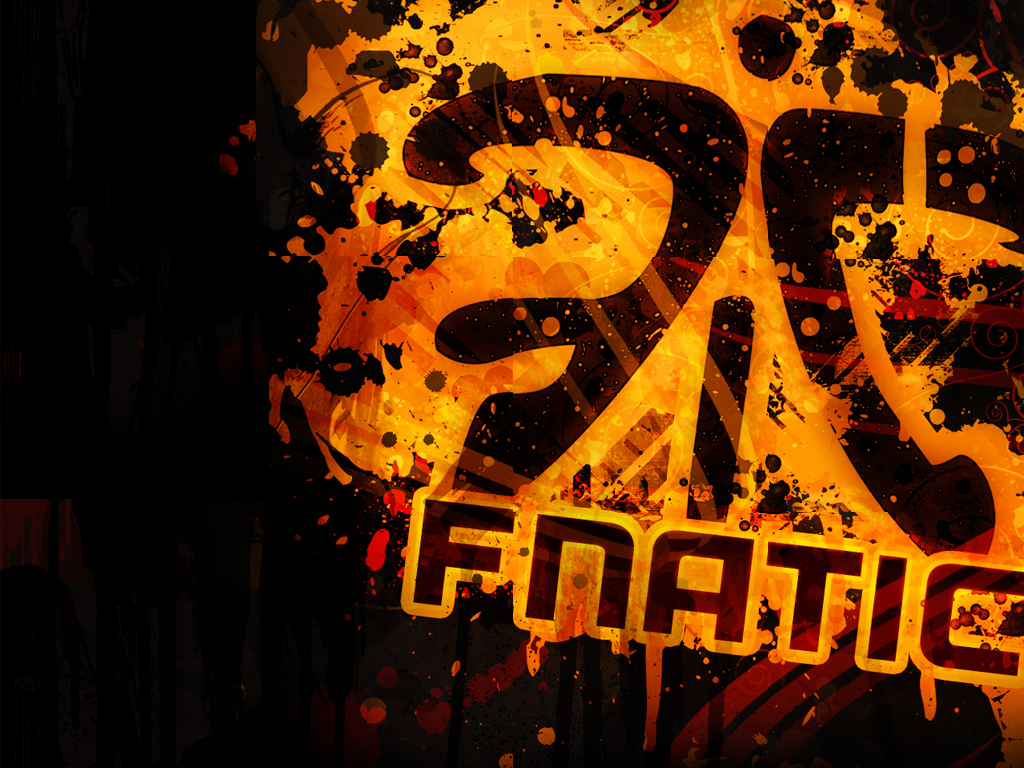If you have not read part 1 to this five part weekly series, click
here.
 |
| A very well made American cosplay. |
According to
Vice, those who are too "old" or not "good enough" to participate in the actual games themselves have the opportunity to still have their part in the eSports world. Many of eSport's commentators are such individuals. These commentators are known as "shoutcasters." Shoutcasters are energetic and sometimes equally as famous as the players themselves. One such place where shoutcasters perform and gamers play at the same time is "NICEGAMETV." Many games are streamed live, which allows viewers to comment in real time. Of course, as most people are immature in this world, it only gets worse on the internet, especially on gaming videos. One gamer who does a similar video style is
Peeve Peeverson on YouTube. His live streams may not be as large as NICEGAMETV's, but nevertheless, it's the same concept. Matt Shea (Vice's reporter on the eSports story) was even given the chance to be a shoutcaster for a game of "League of Legends." Of course, he did not do as well as the professional shoutcasters, but that is to be expected. However, Shea did learn that NICEGAMETV does not only provide commentators for games, but also training for up and coming gamers. One such gamer admitted to playing for approximately 88 hours a week. Aside from eating, sleeping, and showering, he does nothing except play games. The gamer has no backup plan if he does not obtain a career in the gaming industry. This individual is just one of the approximate 2 million people affected by "internet addiction." In 2011, the "Cinderella Act" had placed internet addiction under the same class as drugs and alcohol addiction. The act had also banned all individuals under the age of 16 from playing computer games once the clock struck midnight. The ban did not run off of an honor system, as the individuals' National Identity Numbers were used to automatically sign the player off from the game, rendering them unable to play said game. This act had created extreme controversy. Even a Gaming Congressman got involved by dressing up as a League of Legends character to gain solidarity with South Korea's gamers that had been affected by the Cinderella Act. However, his actions may have been just to obtain more votes. On the other hand, there are those who believe that internet addiction is just like any other addiction, so therefore it can be treated. Internet rehabilitation centers that are funded by the government have popped up around South Korea's cities, such as the Gangnam Eulji Hospital in Seoul. Such treatment of "game addiction" involve brain scanning with electrodes, virtual reality therapy, and a magnetic brain pulse. Even with such extreme measures taken to stop gaming, there is still a great number of people who continue to play games professionally, as well as addictively, and where there are games, there is the wonderful world of cosplay. Cosplay can be just as competitive as the eSports themselves, as many cosplayers compete in competitions for large amounts of money. While American cosplayers generally joke around and have fun with cosplay, Korea takes it much more seriously. One cosplay team, on the outskirts of Seoul, is one such group that takes things very seriously. Their characters are one-to-one with the game. They may even light up if the costume requires that extra "wow factor." Their parents are not necessarily proud of them. They believe their children are acting as small kids, wearing costumes and the like. However, the group continues to do it, as well as most likely making large amounts of money in the process. Cosplay is not limited to Korea and Japan either, as the act has spread to
London and America. However, it was started in Japan, so therefore both Japan and Korea are generally better at it, but at least the Western countries are beginning to pick up on some fun activities for other cultures. Who knows, America has cosplay, maybe eSports will come next.
Mild language used. Viewer discretion advised.


